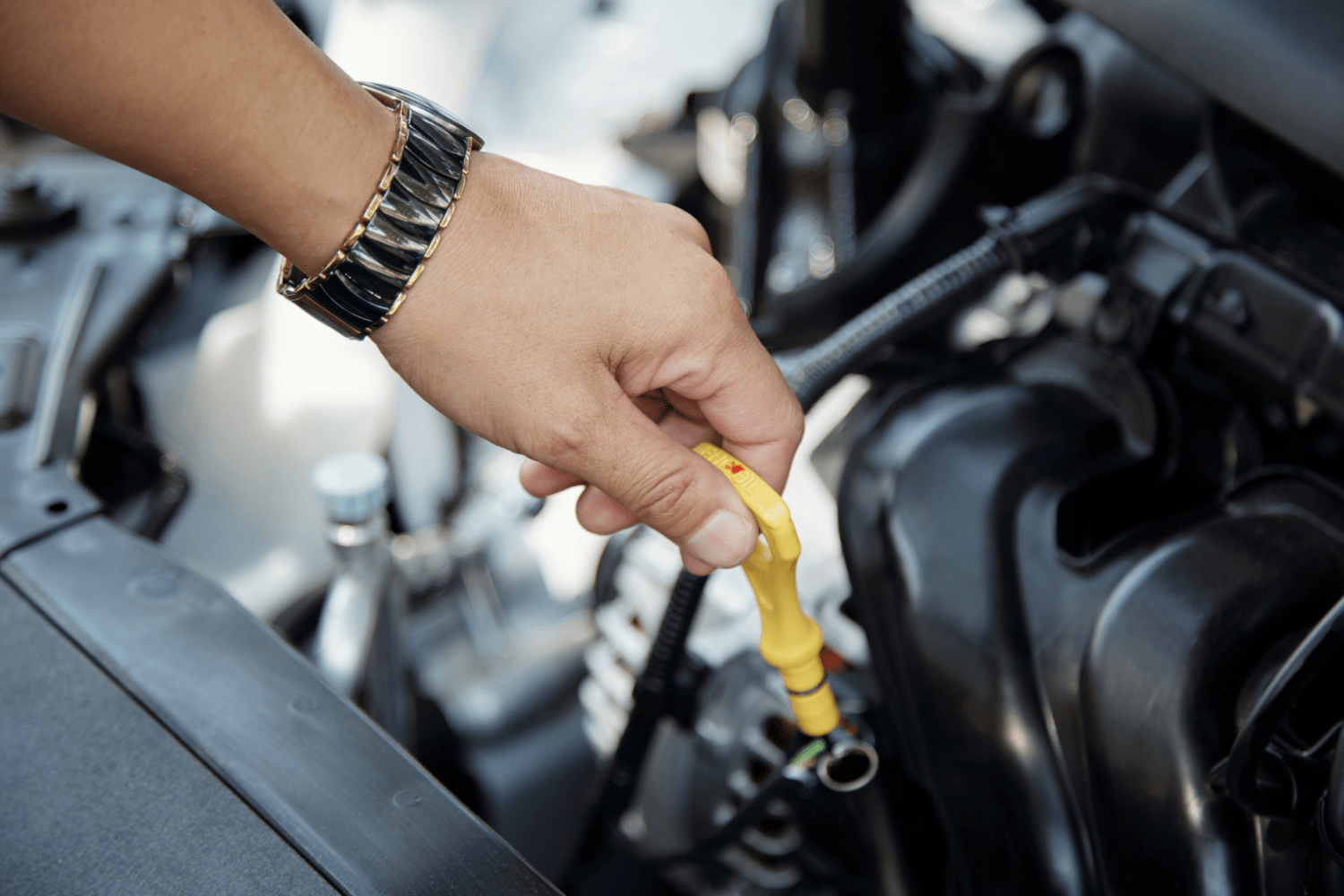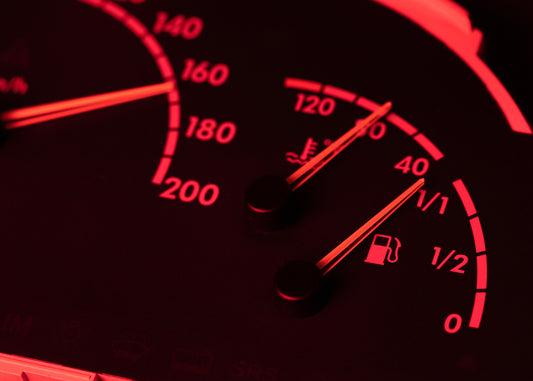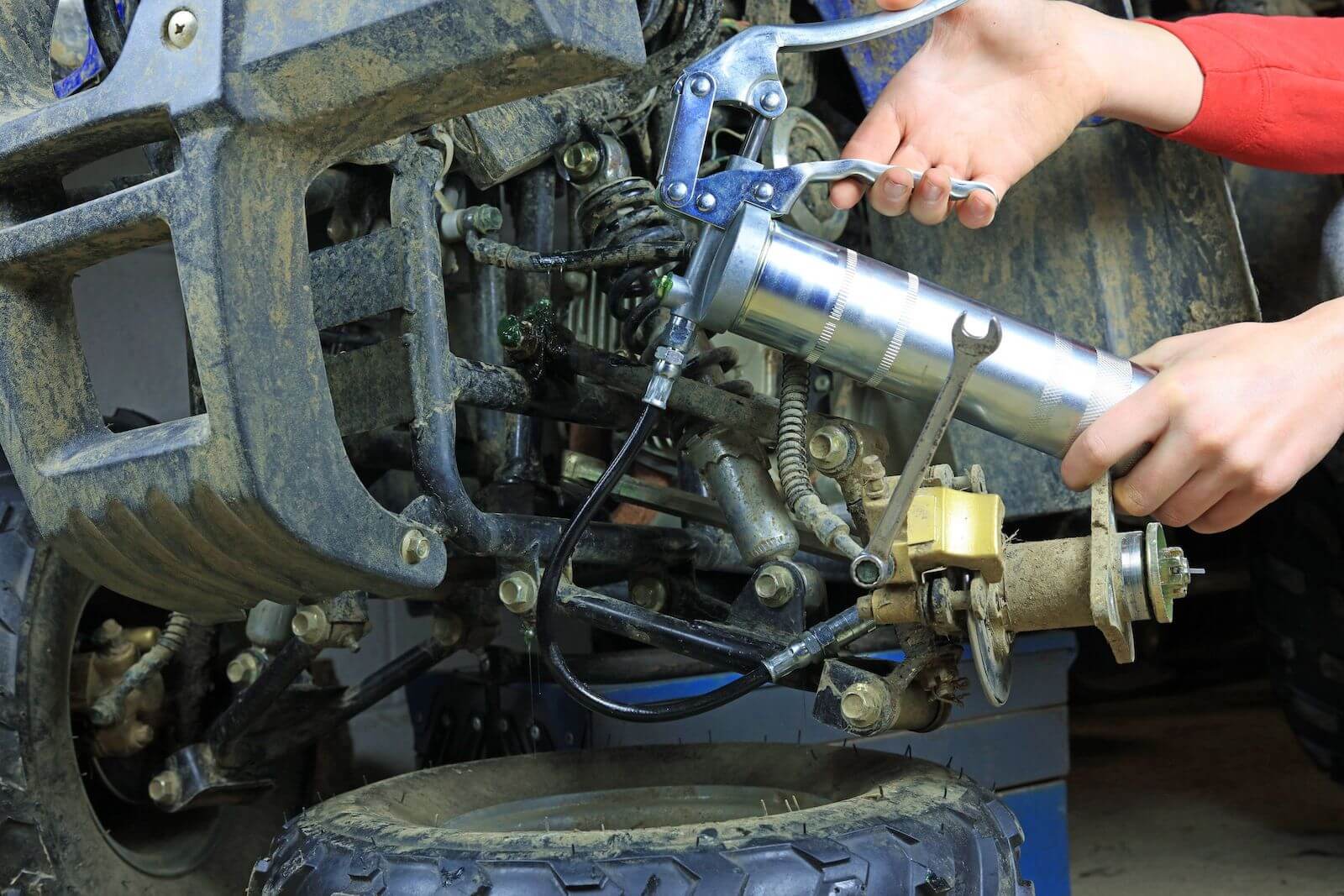Engine oil is the lifeblood of a vehicle. Just as our hearts won’t function without blood, engines can’t operate smoothly without oil. This quintessential fluid plays a significant role in keeping an engine running smoothly and efficiently.
Its duty is not just lubrication; it also serves as a cooling agent, a cleaner, and a safeguard against wear and tear. Consequently, oil deficiency, or the complete absence of it, can wreak serious havoc on your vehicle’s engine.
In this guide, we’ll dive into the importance of engine oil, the signs of low or no engine oil and the potential damage it can cause. Armed with this knowledge, you’ll be better equipped to prevent costly damage to your engine caused by oil insufficiency or lack.
Understanding the Importance of Engine Oil
Engine oil serves multiple critical functions within a vehicle’s operation. Known for its lubricating property, it ensures the smooth interaction between various engine components, reducing friction, minimizing wear and tear, and consequently extending the engine’s lifespan.
The constant motion of engine parts generates heat due to friction, and here again, engine oil serves as a hero by dispersing heat and preventing the engine from overheating.

And the role doesn’t end here. Engine oil also deters corrosion. Its antioxidant additives capture and neutralize harmful chemical compounds preventing them from corroding engine components. To add to this, the oil helps in keeping your engine clean. It houses detergents that clean and minimize the deposits in the engine, further optimizing engine performance.
Understanding the importance of engine oil underscores why it’s crucial to maintain the right oil levels and undertake oil changes at regular intervals as prescribed in your vehicle’s maintenance guide.
Air-Tec HIGH-CLASS Automotive Oil Additive
The complex organic compounds found in HIGH-CLASS Automotive Oil Additive provide unmatched friction reduction and exceptional wear reduction and protection.
shop nowSigns of Low or No Engine Oil
Operating a car with low engine, low oil pressure, or not having oil at all can lead to a series of severe issues. Fortunately, your vehicle’s system gives you warning signals when there’s an issue with the oil level or pressure. Here are the critical signs to look for:
Illuminated Oil Warning Light: This is your first indicator that oil pressure dropped, typically due to low oil levels. Do not ignore this warning, as doing so can severely damage your engine.
Smell of Burning Oil: This distinctive smell can indicate that oil is leaking onto hot engine parts. If you notice this scent while driving, it’s best to have your vehicle inspected as soon as possible.
Unusual Engine Noise: This could be knocking, ticking, or tapping noise coming from your engine. Similar to how your stomach grumbles when it’s empty, an engine makes unusual noises when it’s not adequately lubricated.
Oil Stains Under the Vehicle: If you notice oil stains on the ground where your vehicle was parked, it might suggest a possible oil leak. The cause could be anything from a cracked engine block to a blown head gasket—both serious issues that need immediate attention.
Remember, all of these signs are serious warnings that your engine might be running with low or no oil. Immediate action is necessary to prevent irreversible damage to your vehicle’s engine.
What causes low engine oil pressure?
Low oil pressure is another alarming sign of an unhealthy engine. Causes of low oil pressure include insufficient oil level, old or degraded oil, a faulty oil pressure sensor, a worn or damaged oil pump, or blocked or restricted oil passages. Understanding this is crucial to diagnosing and repairing any engine damage due to low oil.
AirTec High-Class Micro-Ceramic Oil Additive
HIGH -CLASS Micro-ceramic lubricating oil additive works with all conventional, semi- and fully synthetic engine and gear oils. It is a selected combination of the most modern high-tech solid ceramic lubricants, making it a world leader in ceramic additives.
shop nowIndicators of Engine Damage Due to No Oil
When there’s a deficiency or a complete absence of engine oil, you’ll likely observe specific signs of damage to your car’s engine. In this section, we’ll outline these key indicators:
1. Excessive Heat
Engine oil acts not only as a lubricant but also as a coolant. By maintaining a protective film between moving engine components, it effectively reduces friction and minimizes the heat generated. When there’s insufficient or no oil, this cooling function is compromised, leading to a drastic rise in engine temperature.

Overheating can cause severe engine damage, including blown head gaskets and warped or cracked cylinder heads. Signs of an overheating engine include an illuminated temperature warning light, steam billowing from the engine compartment, or even the smell of burning engine components.
2. Unusual Noises
A lack of sufficient engine oil results in increased friction between moving engine parts, which in turn produces unusual noises. When an engine is running without enough oil, you might hear knocking or rattling sounds. These noises indicate that the engine components are coming into direct contact with each other, causing wear, tear, and potential long-term damage.
It’s essential to address these audible signs and seek professional help to assess and repair your engine as soon as possible.
3. Reduced Engine Performance
Another common sign of engine damage due to insufficient oil is a noticeable reduction in engine performance. With increased friction and overheating, the engine becomes less efficient, leading to a decrease in both fuel efficiency and overall power.

You may experience sluggish acceleration, increased fuel consumption, and even stalling. Ignoring these signs and continuing to drive the vehicle can lead to more severe issues, making it crucial to attend to the problem as soon as possible.
4. Smoke from the Exhaust
Lastly, you might observe excessive smoke emitting from your vehicle’s exhaust pipe when your engine operates without oil. While a small amount of smoke is quite common under normal conditions, thick and continuous exhaust smoke is a cause for concern.
The absence of oil can cause several engine components to wear out rapidly, leading to the burning of oil and release of smoke through the exhaust system. Immediate attention should be given to minimize further damage to the engine and other car components.
Long-Term Damage and Consequences
Running an engine without oil is like running a marathon without drinking water. The marathoner will be dehydrated and may collapse; similarly, the engine will overheat and eventually fail completely. Over time, a lack of engine oil can cause permanent and expensive damage.
One major issue is that the increased friction can wear away the surfaces of the engine’s moving parts such as oil pump, or internal combustion engine. This excessive wear can lead to the engine’s mechanical failure, requiring major repairs or even a complete engine replacement.

Furthermore, incurring the damage from overheating can be another long-term consequence. It can lead to the warping and cracking of critical engine components such as cylinder heads and engine blocks, which can be tremendously costly to mend.
In the worst-case scenario, the repairs could cost more than the vehicle’s market value, making it a total economic loss or lead to a burning oil smell or even an engine fire.
Preventive Measures and Tips
To avoid the considerable hassle and cost linked with the lack of engine oil, there are several preventive measures and maintenance routines you can adopt. Here are the actionable tips and pointers:
1. Regular Oil Checks
Aim to check your oil level at least once a month or every 500 miles. To check the oil level in your car:
First, ensure your vehicle is on level ground to get an accurate measurement.
Turn off the engine and wait for 10-15 minutes to let the oil settle into the pan.
Pull out the dipstick, wipe it clean, and then reinsert it.
Pull it out again, and this time, check the level of the oil. It should sit between the two marks or holes on the dipstick.
2. Regular Oil and Filter Changes
Regular oil changes are fundamental to engine health. Typically, you should replace your oil every 5,000 miles, but this can vary depending on your car make and model, the type of oil you use, and your driving habits.

When changing the engine oil, car owners should also replace the oil filter. A clean oil filter ensures the new oil isn’t quickly contaminated by old oil residues.
3. Pay Attention to Warning Signs
Even with regular maintenance checks, problems can arise. Pay attention to your vehicle. Be mindful of how it sounds, how it feels when you drive, and even how it smells. If you notice warning signs like an illuminated oil warning light, knocking sounds, a decrease in performance or unusual smoke from the exhaust, don’t ignore these symptoms.
4. Get Regular Servicing
Servicing your vehicle regularly ensures it runs at optimum performance. Most manufacturers recommend servicing your car every 12,000 miles or 12 months, whichever comes first.
AirTec Frostline -40 Premium Diesel Antigel
AirTec Frostline -40 keeps your engine running smoothly all winter long! Mixing Ratios: 1 liter treats 100 gallons of diesel fuel, lowering the gelling temperature by more than 30 degrees Fahrenheit!
shop now5. Use the Correct Engine Oil for Your Vehicle
Make sure to use the right type and grade of engine oil for your vehicle. Your owner’s manual will specify the correct oil for your car’s make and model.
6. Handle Oil Leaks Promptly
If you notice a small pool of oily liquid under your parked car, you may have an oil leak. Promptly addressing an oil leak can help avert serious damages.
Prevention, attention and regular car service are essential to avoid major engine problems related to insufficient oil. It will keep your vehicle running smoothly and could save you a lot of money in the long run.
Conclusion
Maintaining proper oil levels is the cornerstone of engine health. Without oil, your engine is left without its all-important coolant and lubricant, leading to an increased likelihood of friction, overheating, wear and tear, and ultimately, catastrophic engine damage.
Being mindful of oil levels, paying attention to warning signs like unusual noises, excessive heat, reduced engine performance and smoke from the exhaust can save your engine from potential long-term damage.
Additionally, preventive measures like regular oil checks and changes, prompt attention to any oil leak signs and taking your vehicle to a mechanic in case of any poor performance issues can effectively avoid costly and inconvenient repairs or replacements. Remember, ensuring your engine’s smooth operation is no less than a partnership – between you and your diligent care and the undervalued hero, the engine oil.
FAQs
How long can my engine run without oil?
An car engine ability to run without oil greatly depends on its condition and workload. However, generally speaking, it is not advisable to run an engine without oil. In worst-case scenarios, if the oil is completely absent, an engine could suffer severe, irreversible damage within minutes.
How can I tell if my engine is damaged from low oil?
Signs that your engine may be damaged from low oil include unusual engine noises like knocking or rattling, excessive heat, decreased engine performance or increased smoke from the exhaust.
How long does it take to damage an engine without oil?
The exact time it takes for an engine to get damaged without oil can vary greatly based on numerous factors, including the type and age of the engine, the load it’s under, and the driving conditions. However, significant damage can start to occur in as little as a few minutes of running an engine with absolutely no oil.
Can an engine be fixed after having no oil?
Depending on the extent of the damage, an engine might be repaired after running without oil. Although, it’s essential to realize that such a repair process can be quite costly. If the damage is too severe, it might require a complete engine replacement – which may cost more than the car itself.
What happens if you keep driving with low oil?
Continuing to drive with low oil can increase friction between engine components, leading to overheating and significant wear and tear. Over time, this could lead to a reduction in engine performance and potentially severe engine damage, requiring expensive repairs or replacement.









